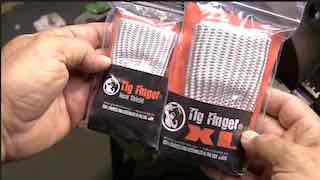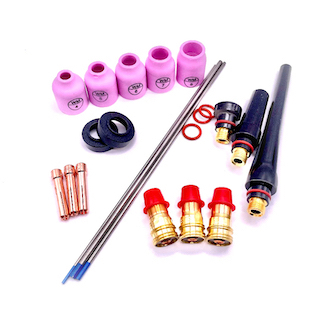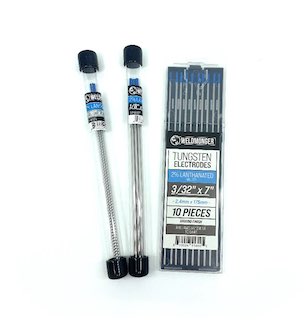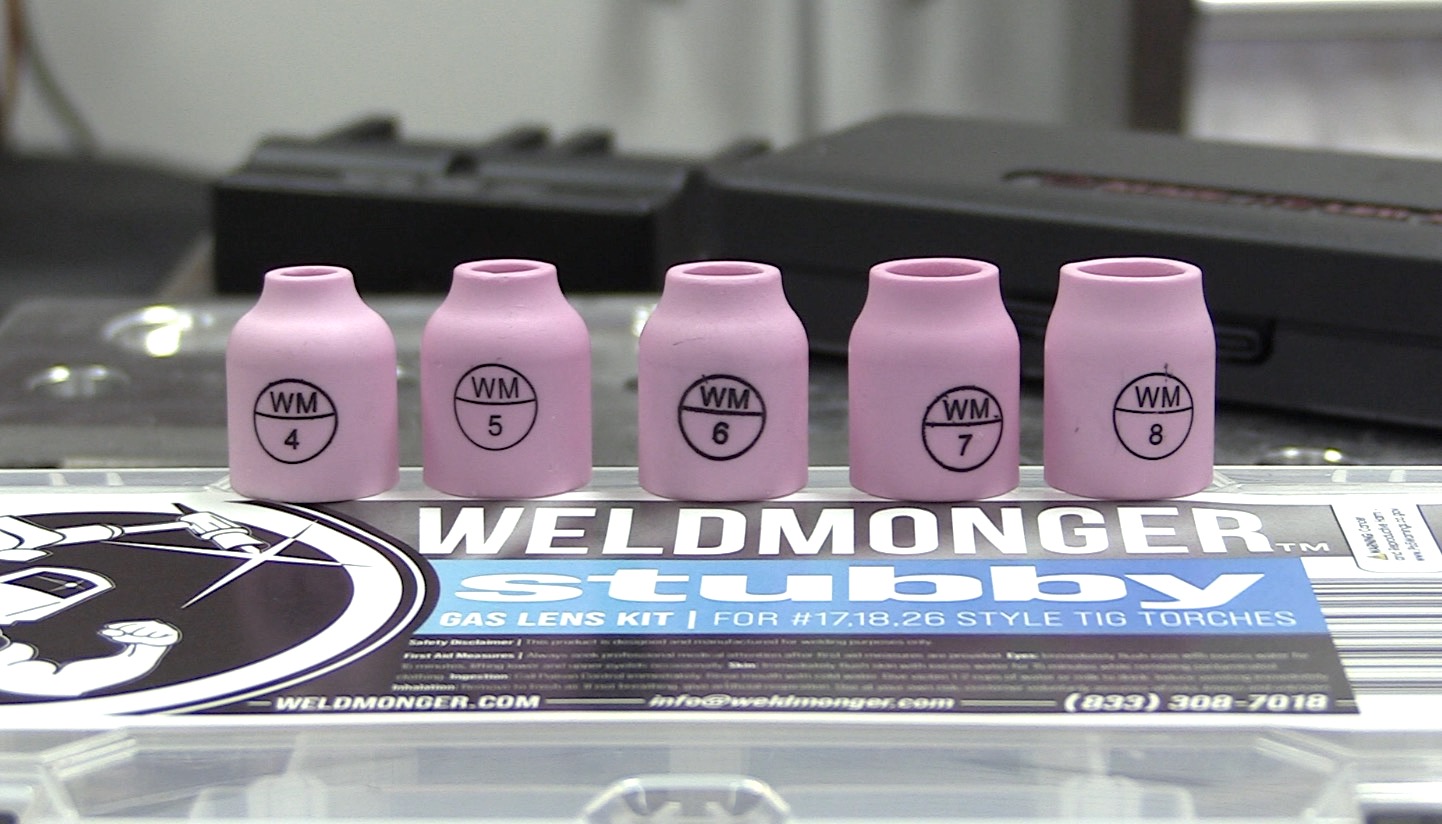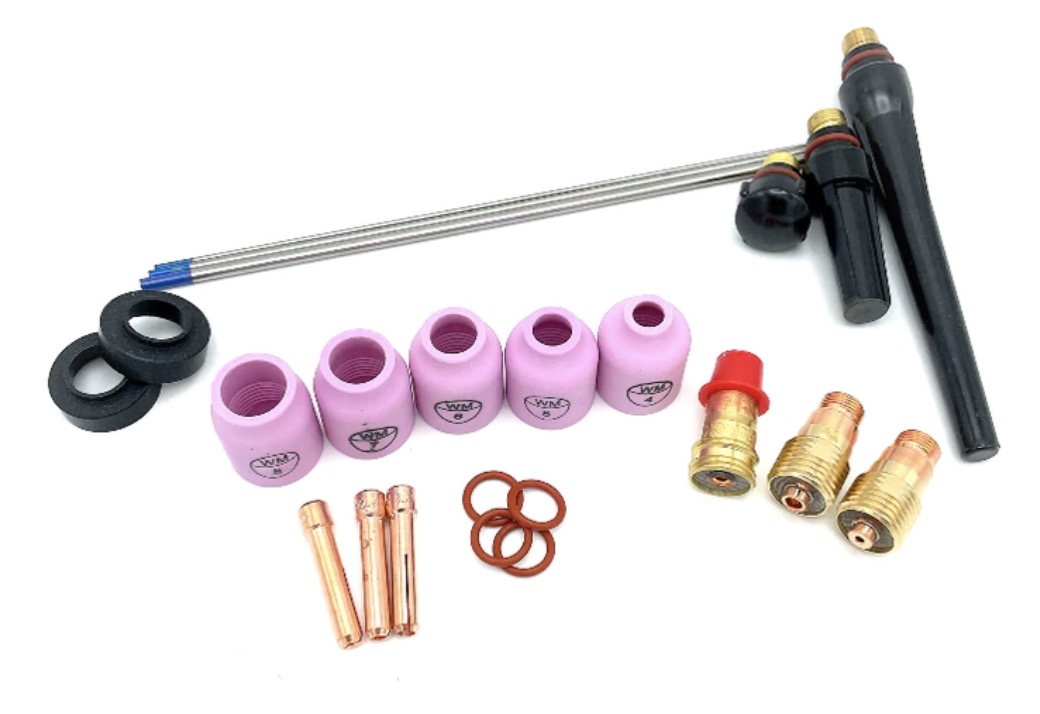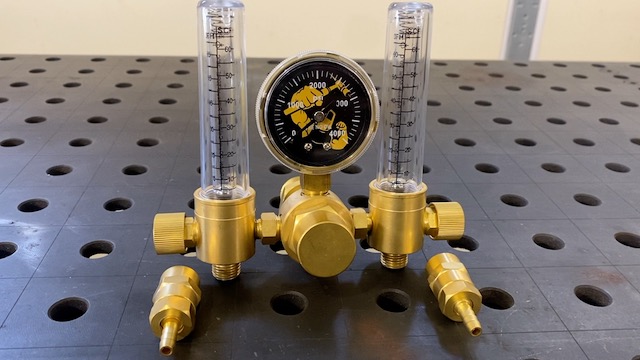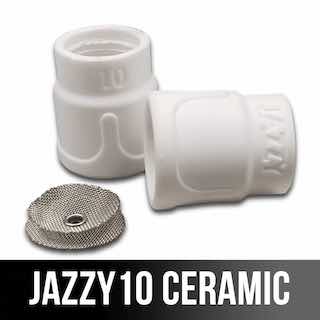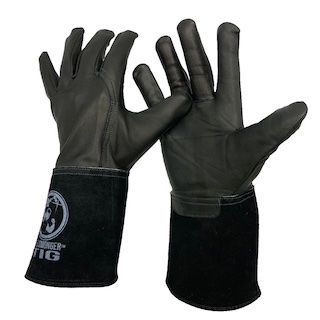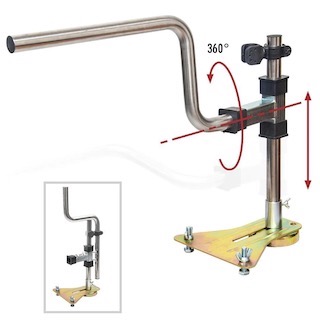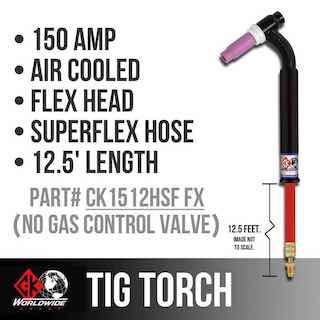115v Flux Core Welder Tips
115 volt flux core welding...It works, but I prefer bare wire.
This is another one of those videos I said I would do using cheap or bare bones equipment. The 115v mig welder was sent to me to evaluate by a company who was going to market it under their own private label brand.
Before they wasted their money, they sent it to me for my opinion.
It welded ok, but after 6 inches at max voltage and wire speed set to around 280 ipm with .030" (.8mm) wire, the overtemp light came on and I had to wait several minutes before welding.
So 2 thumbs down was my rating.
Incidentally, I also tested another really inexpensive 115v mig welder along side it that welded at least 24 inches at max voltage and set at same wire speed without coming up for air.
So all 115v mig welders are not created equal.
Since, this welder didnt pass the test, I figure it was a good choice to use for this video.
For the project with outside corners, I am welding some pieces that were left over from a bumper kit I built a while back and all the welds are on outside corner joints.
I will be putting together another bumper kit soon using a 115 volt mig welder.
That got me to thinking ( which is sometimes expensive and dangerous ).
How do you know the welds are good when you are using a small welder like this?
The answer is you dont really know.
And you cant know 100 percent. Not without expensive non destructive testing equipment.
But you definitely can get some idea by welding some test joints or a mock up joint of what you are about to weld....and either with hammer and vise or hydraulic press, bend, break, or mutilate the welds and examine them.
Destroying welds is fun.
and worth the effort because you always learn something.
A good example is the first weld I made. 1/4" ( 6mm) thick metal outside corner using .030" (0.8mm) Lincoln nr211-mp wire ( which is in the e71t-11 classification).
It looked like it would be a very strong weld but it "folded like a cheap umbrella"
I think the MP in nr211-mp stands for "multi pass" as not all self shielded flux core wires are designed for multiple pass welds.
Bottom line is nr-211-mp runs pretty darn good if your settings are close.
Its hard to believe they can put flux inside .030" (0.8mm) diameter tubular wire. For small 115v mig welders like the one I am using in this video, .030" (0.8mm) is a good choice. It even works decent on thin sheet metal or exhaust tubing.
.023" (0.6mm) bare wire with 75/25 gas works a lot better for the thinner stuff like auto body panels... but in a pinch, flux cored wire can work.
It really depends on who is behind the hood.
So anyway, here are my conclusions after doing these down n dirty tests of flux core welds
- vertical uphill penetrates slightly better on outside corners.
welding both sides ...outside first, then inside while still hot makes for a very strong weld. - the direction of rolling or grain of the metal makes a big difference in strength of weld. ( engineers and designers often specify direction of rolling on drawings and prints)
- Finally, here is some food for thought on doing projects with a 115v mig welder...
"Think about the project, the loads the welds are under, the service conditions, heating and cooling cycles, vibration, and what will happen if the welds fail. If you play it forward, and think there is a chance you might have to answer questions into a microphone about why the welds failed, let that weigh heavily in your decision making."





